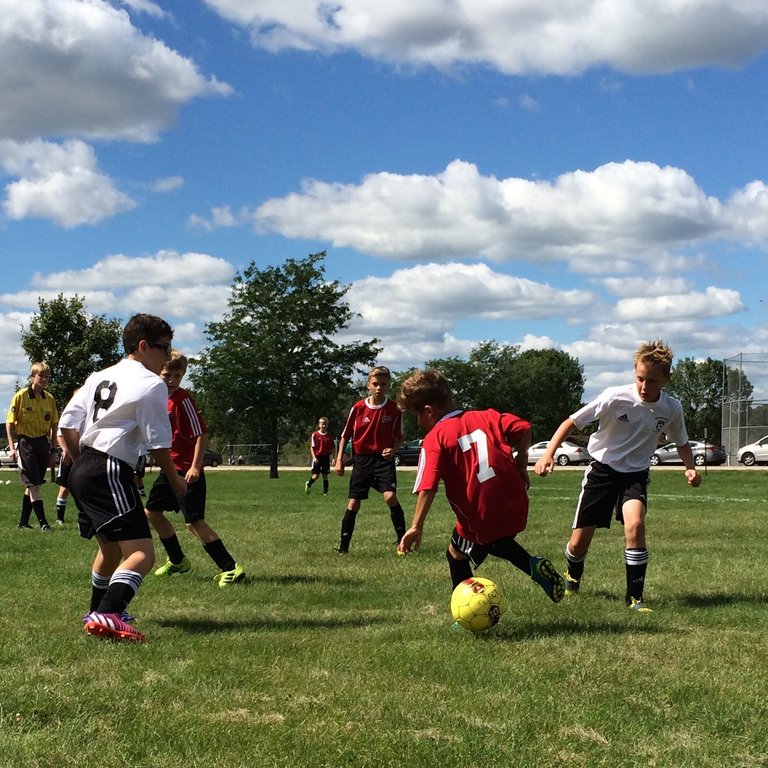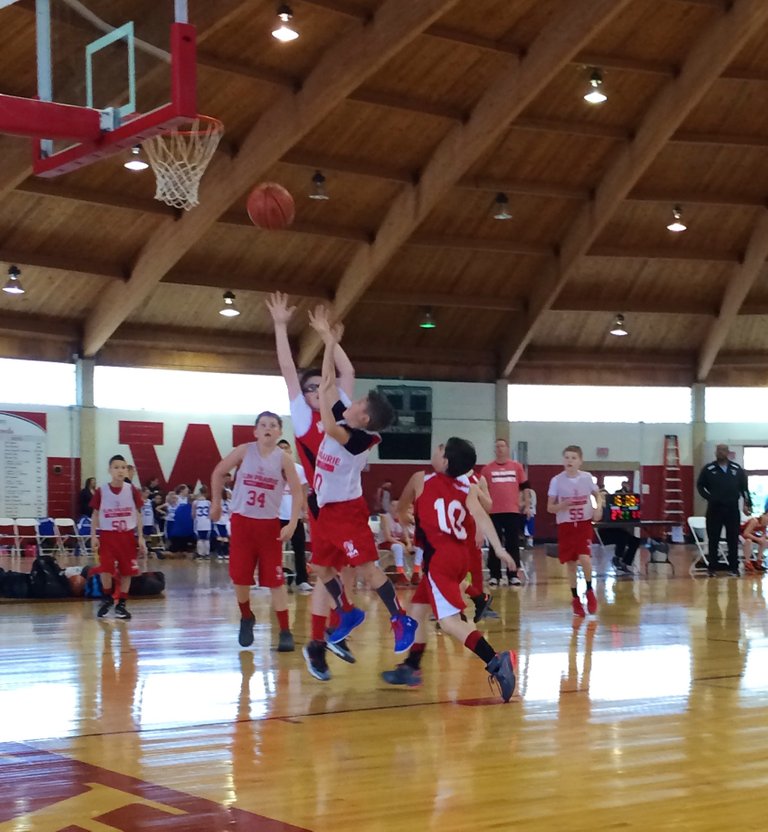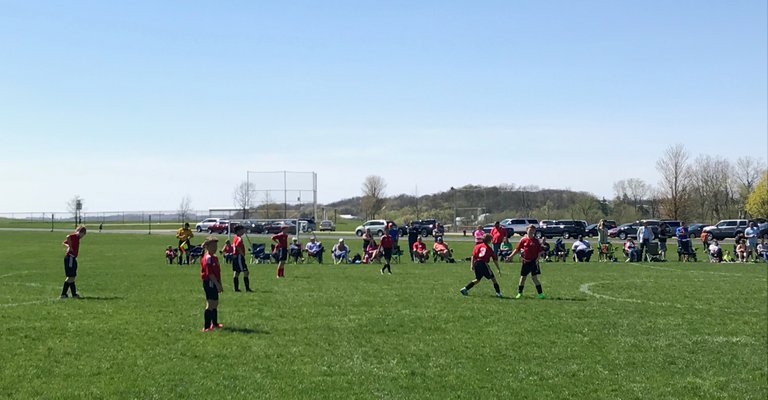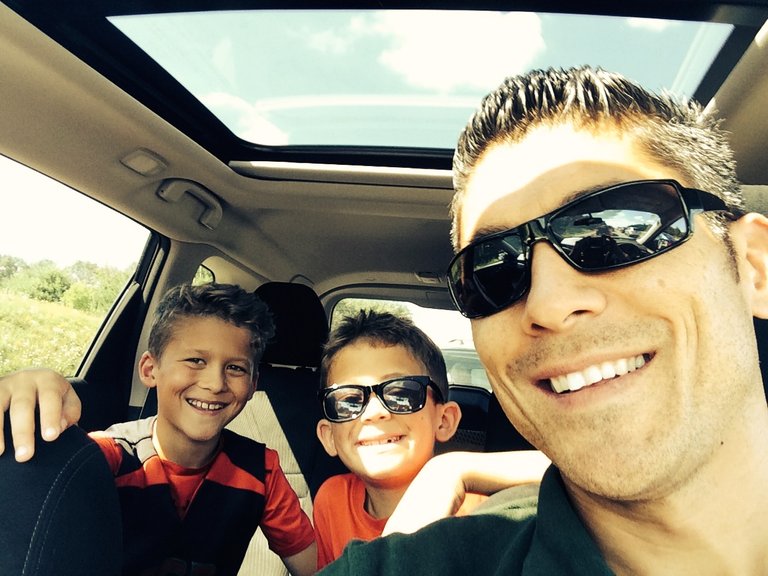Parents and youth sports…

Being involved with coaching over the last 5+ years, I have always tried to figure out what is the best advice I can give to parents on how to support their kids and teams. Support your child and understand the reason your child is playing a sport. Is it they are playing because of the joy they get out of playing a sport? Is it they just want to do something or be with their friends. Most of the time it’s not about winning every game. Also, remember when you were a kid and how long it took to learn a new skill or to be confident in making a left-handed layup or using your left foot. At games, most kids just want to play and have their parents be there, that’s it. I’ve seen everything in my day from parents of 3rd graders playing basketball telling their player to hurt a player, knock a player down, complaining to referees and even not shaking hands and showing good sportsmanship. Is it no wonder why we see 70% of kids quit sports by the age of 13. The advice I give parents is to understand what level is adequate for your child emotionally and skill wise. Choose the right level to their ability and make their youth sports experience their own.
The roles at a youth sporting event
Remember there are a few roles to every game. You’re either a player, a parent, a coach or a referee, fill your role in the best way you can.

A player is there to participate, compete and enjoy the sport they are playing. Some are serious, some are there just to have fun, others are happy to be around their friends. All at different skill levels and commitment level, all are good as it brings perspective to youth sports. The main thing is they have fun and learn while playing the game.

A parents role is to support their child, their team by showing up to a match or game. Never say anything negative about other kids on the team. Support your child and understand the reason your child is playing a sport. Please refrain from coaching from the sidelines. Let the coach, coach. Imagine, hearing all the parents telling each of their kids on what to do from the sidelines, confusing for kids, huh? I had a 9 year old come off the soccer field this spring, really upset. He said he was mad at is mom for yelling at him and telling him what to do on the field. This is what most kids feel like, they just want to play. Remember, lets make your son or daughter’s sports experience their own, not live our past sports experience.

A coach is there to help players learn the game. Understand what it takes to be a good teammate. Teach leadership skills and be there through adversity and supporting each player on the team. Sometimes your child will get a great coach, a good coach or a coach you may not care for, they will learn from all three.

A referee is there to call the game the best of their ability. Parents please refrain from criticizing referees. I’ve seen it personally on the soccer fields and basketball courts where parents are responding on every call at times. What are we (parents) thinking we are teaching our kids by doing this? There is becoming a shortage of referees out there and many times are young adults learning to become a referee. They are human and will mess up, give them some grace please. I always remind my players that the referees are doing their best and continue to play through missed calls or bad calls.
What about the car ride home?
I’ve heard many different stories of parents having it out with their kids and telling them all the things they did wrong in the game. How many of us would like to hear this on the ride home? I encourage you to go with a different approach. You can say something like, “I loved watching you and your team play. You guys played with a lot of effort.” Then, be don’t say another word about the game. Change the subject or be silent and only bring up the game only if they bring it up. Your child may share their feelings later or maybe not. It’s OK. Let them go through the emotions that they are feeling and if they want to talk about it, they will. They will be all smiles in no time.

Conclusion
As parents of young athletes remember to support your child in the best way you can. Encourage your young athletes to have fun, work hard and be committed to each other. Support the coaches and other players on their teams. Let’s make their youth sports experience be a positive one and have them continue to play sports for as long as they can, while having fun and enjoying the benefits of being part of a team!